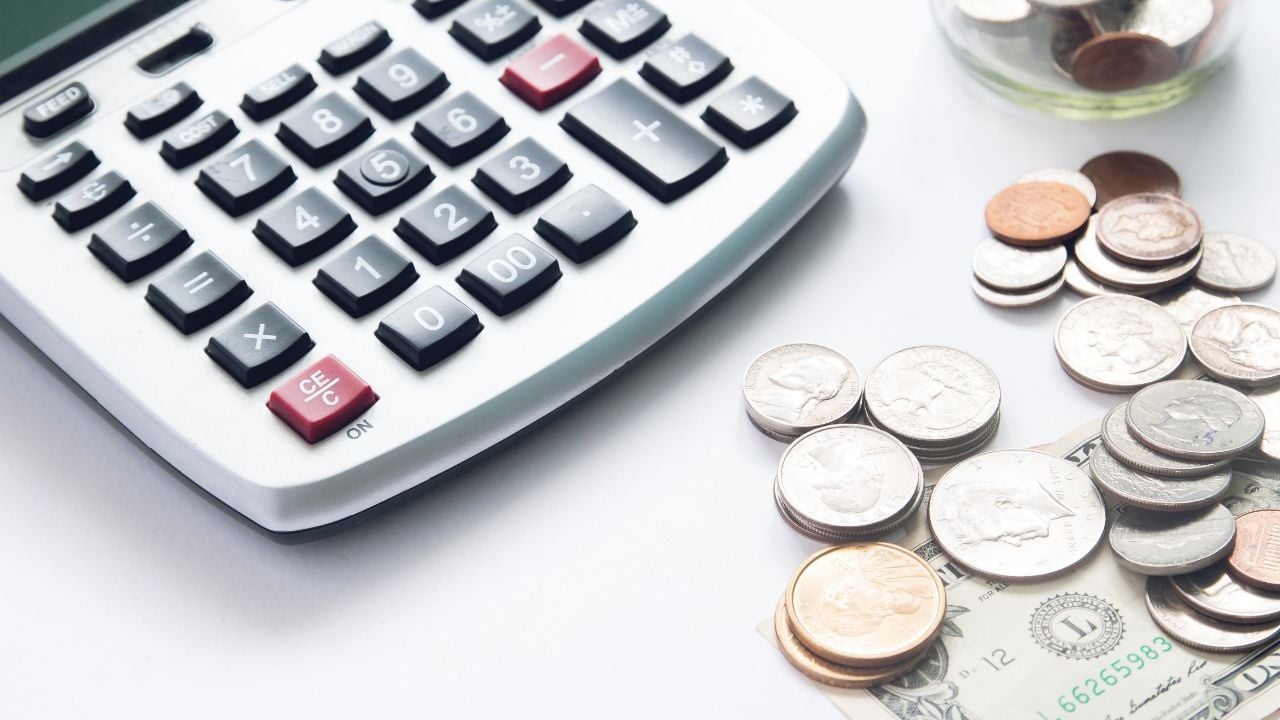
Thailand’s government needs to increase tax revenue by 600 billion baht as current levels lag behind those of comparable economies, according to caretaker Finance Minister Pichai Chunhavajira. State tax revenue currently represents 15% of GDP, which is three percentage points lower than nations with similar economies.
During the Fiscal Policy Office’s annual seminar themed Fiscal Transformation, Pichai noted that the current value-added tax (VAT) rate of 7% is below the legally mandated 10%. With the 7% rate set to expire in September, the ministry is considering its options.
He highlighted that Thailand’s VAT rate is lower than other countries, but any increase must take into account factors such as economic conditions and the impact of US tariff measures, which currently provide Thailand with a competitive 19% rate.
Pichai stated that if the VAT rate is increased, the additional revenue would be used not only to reduce public debt but also to support the private sector and small-scale employment. The government aims to reduce the budget deficit to no more than 3% of GDP within one to two years after fiscal year 2026.
To achieve this, the government may not need to cut spending but could instead increase revenue by securitising state-owned assets like expressways and power transmission lines, which are valued at around 2 trillion baht (US$61 billion). Economic expansion is another avenue for revenue growth, with Thailand’s GDP growth projected at 2.3% this year.
Pichai emphasised the importance of boosting investment to accelerate economic growth. Before the 1997 Asian Financial Crisis, investment was 51% of GDP, but it has since fallen.
The investment-to-GDP ratio was 24% in 2024, equating to 4 trillion baht (US$123 billion). Pichai suggested increasing this to 30% of GDP, with 1 trillion baht (US$30 billion) from foreign direct investment (FDI) and the remainder from domestic private sector investment.
He attributed the decline in FDI to global shifts in production platforms and noted that Thailand continues to produce traditional products. Challenges in attracting foreign investment include land ownership concerns, which the government is addressing by allowing 99-year leases through the Treasury Department.
Additionally, ensuring a sufficient supply of electricity and water is crucial, as the surplus of 30,000 megawatts could be depleted in three years with increased foreign investment. Future planning includes expanding green energy production.
Pichai concluded by stating that raising the investment-to-GDP ratio to 30-35% could enable GDP growth of 4-5%, reported Bangkok Post.
The story Thailand eyes VAT hike to boost tax revenue by 600 billion baht as seen on Thaiger News.
